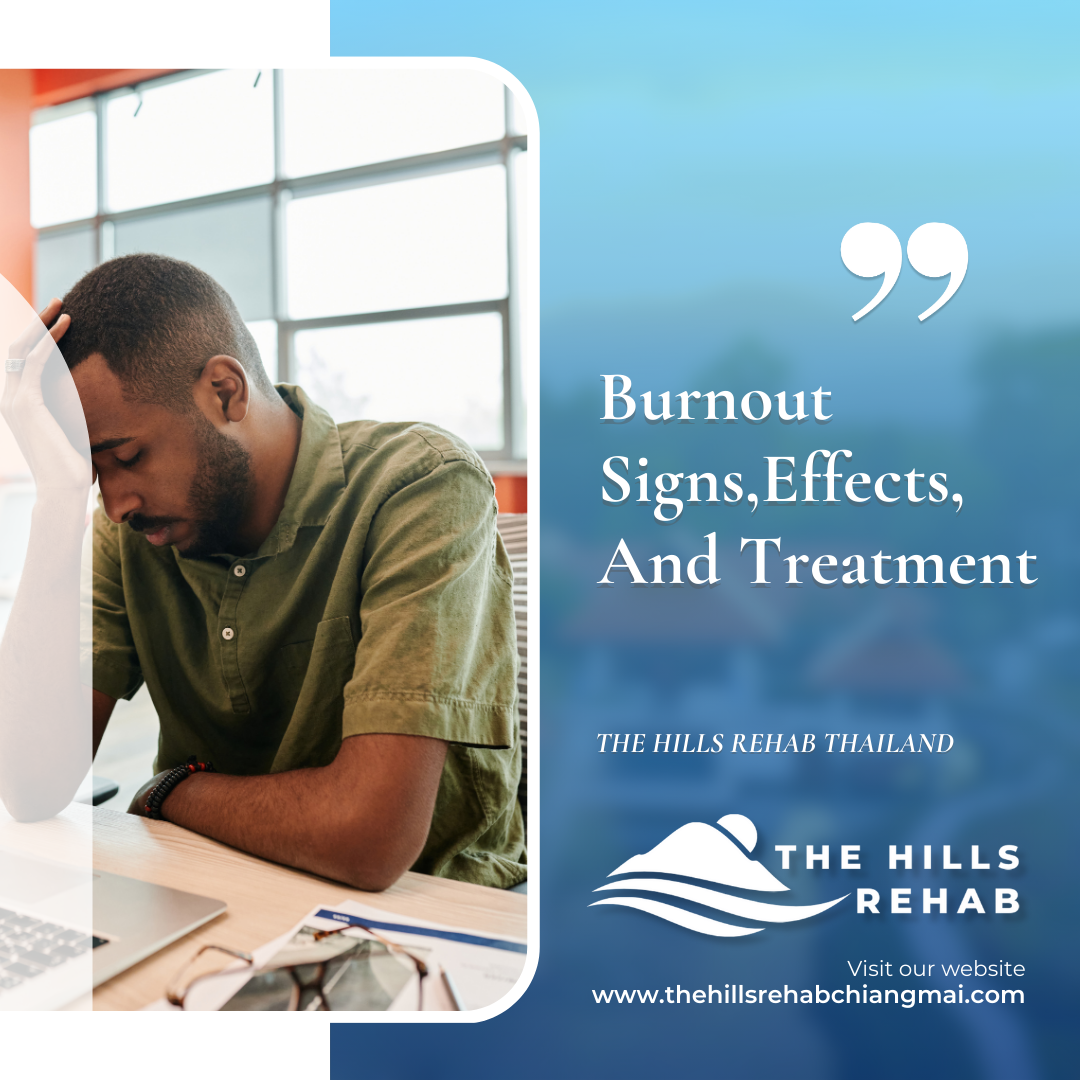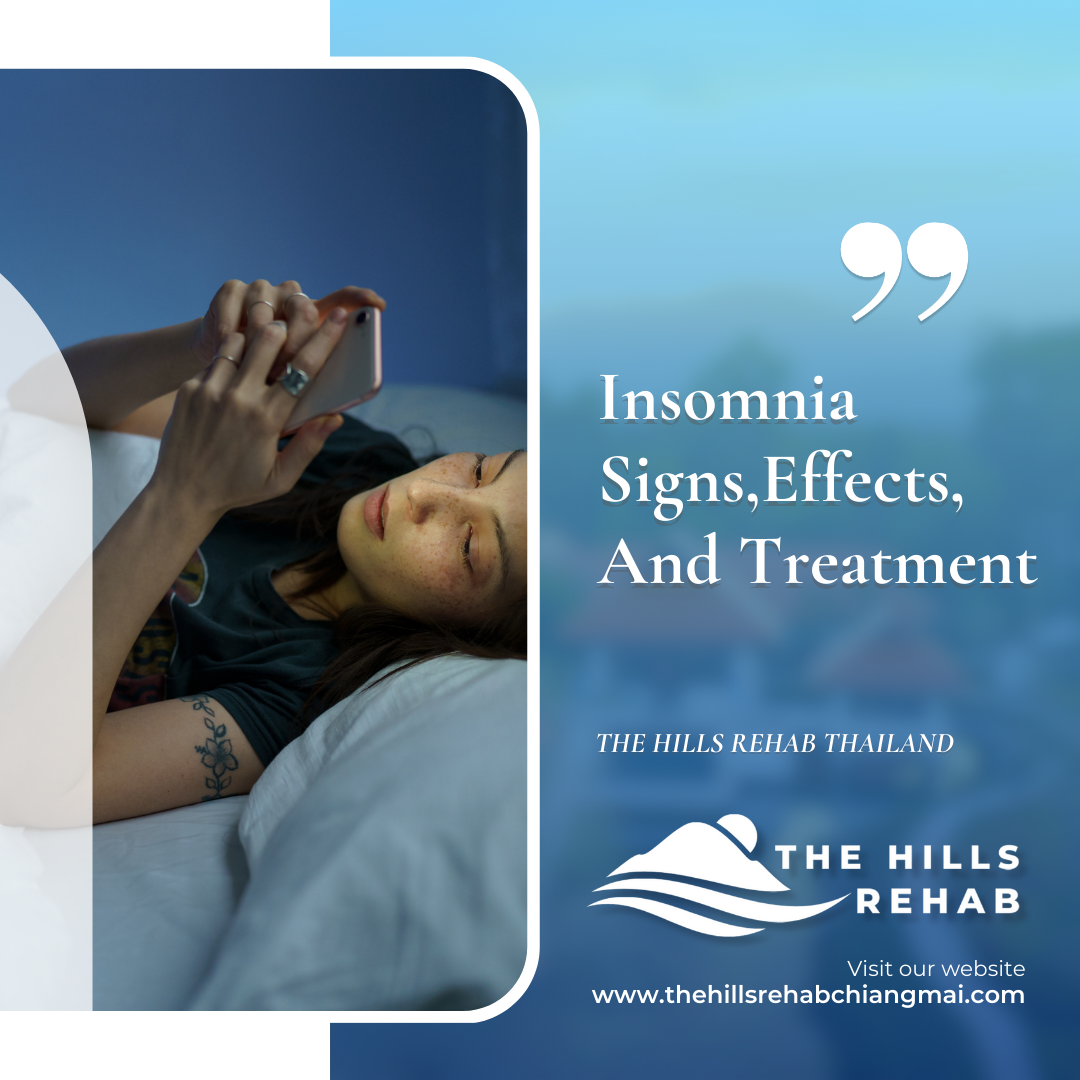Living in a world that demands constant attention, it’s common for individuals to experience challenges with focus and concentration. But when do these issues cross the threshold into more serious territory, and how can one differentiate between anxiety and ADHD?
Understanding the Overlap
Anxiety and ADHD share a set of symptoms that can make it challenging for individuals to pinpoint the root cause of their struggles. Restlessness, difficulty concentrating, and impulsivity are traits that feature prominently in both conditions.
The Anxiety Angle
Anxiety often manifests as excessive worrying and fear about the future, leading to a perpetual state of restlessness. Individuals with anxiety may find it hard to relax due to persistent thoughts about what might go wrong.
The ADHD Perspective
ADHD, on the other hand, is characterized by difficulties with attention, hyperactivity, and impulsivity. People with ADHD may struggle to sustain attention on tasks, be easily distracted, and act on impulses without fully considering the consequences.
Navigating the Gray Areas
As symptoms can overlap, it’s not uncommon for someone with anxiety to also exhibit signs of inattention, and vice versa. Understanding personal experiences and recognizing patterns over time becomes crucial in unravelling the complexity.

Seeking Professional Guidance
Diagnosing anxiety or ADHD requires expertise. Mental health professionals conduct comprehensive assessments, considering various factors such as personal history, behaviours, and emotional well-being.
Tailoring the Approach
Treatment strategies may also overlap, emphasizing the importance of a personalized approach. Cognitive Behavioral Therapy (CBT) can be beneficial for managing symptoms common to both conditions, while medications may be considered based on a precise diagnosis.
Conclusion
Whether it’s anxiety, ADHD, or a combination of both, seeking professional help is the first step toward understanding and managing these challenges. The journey to mental well-being often involves untangling the intricate web of symptoms, empowering individuals to navigate life with greater clarity and resilience.






